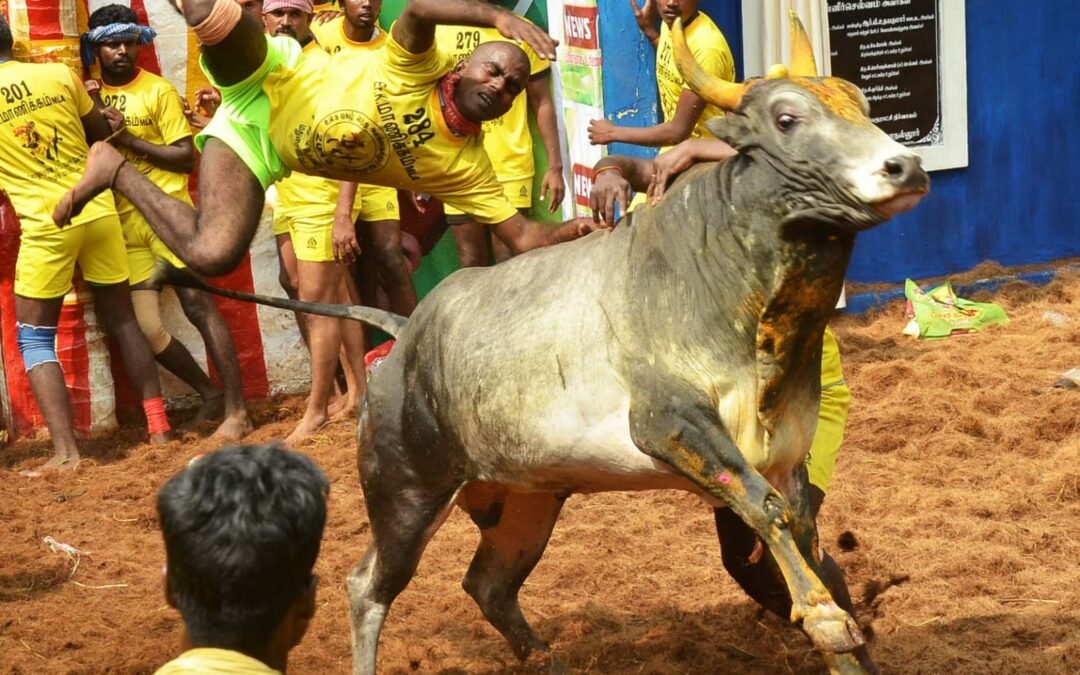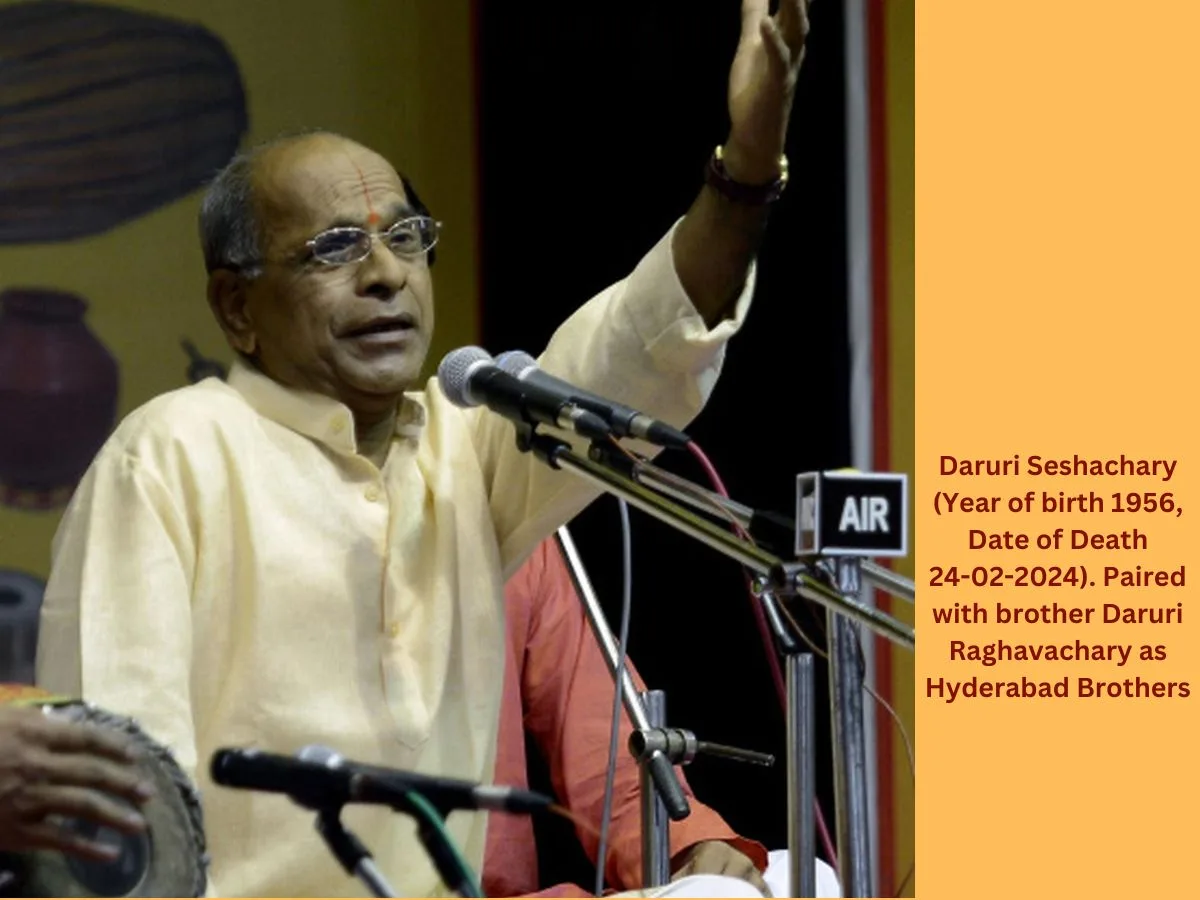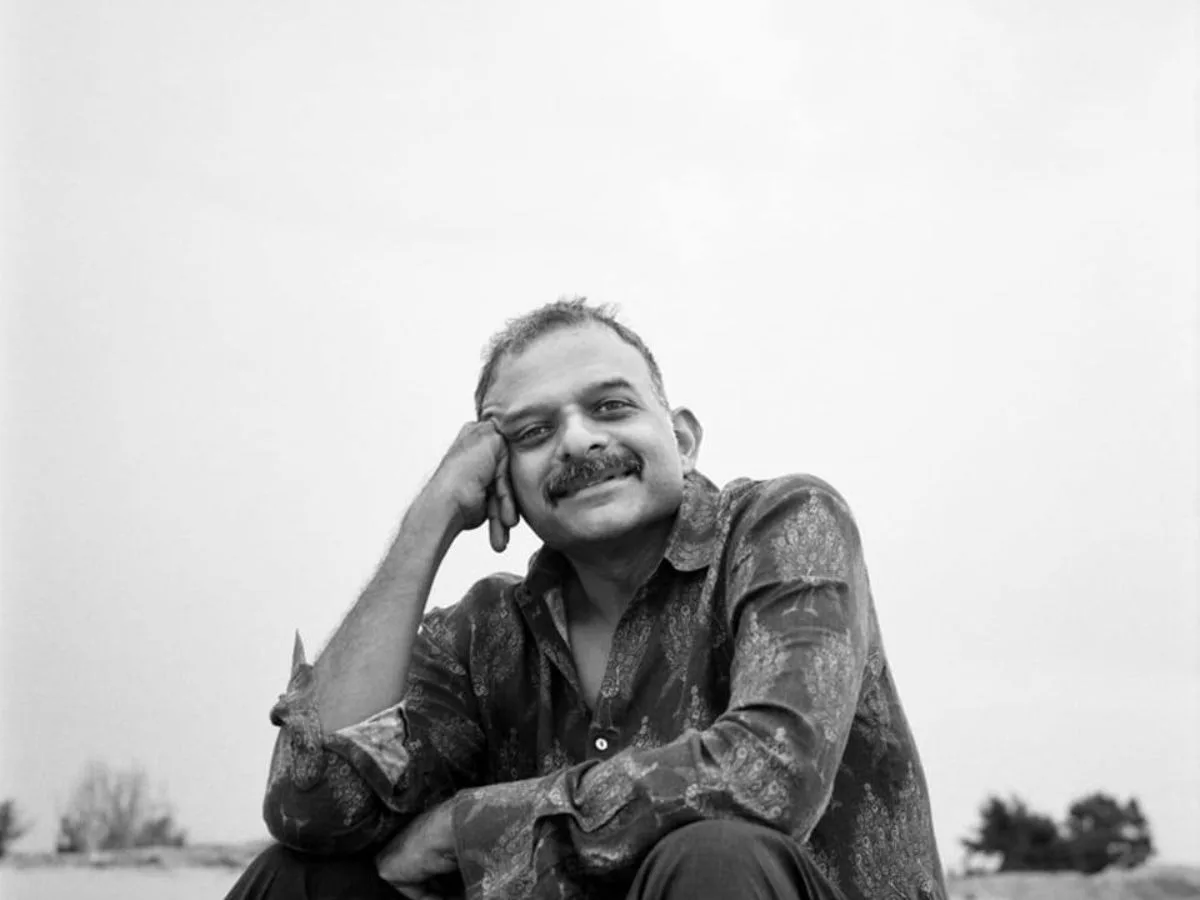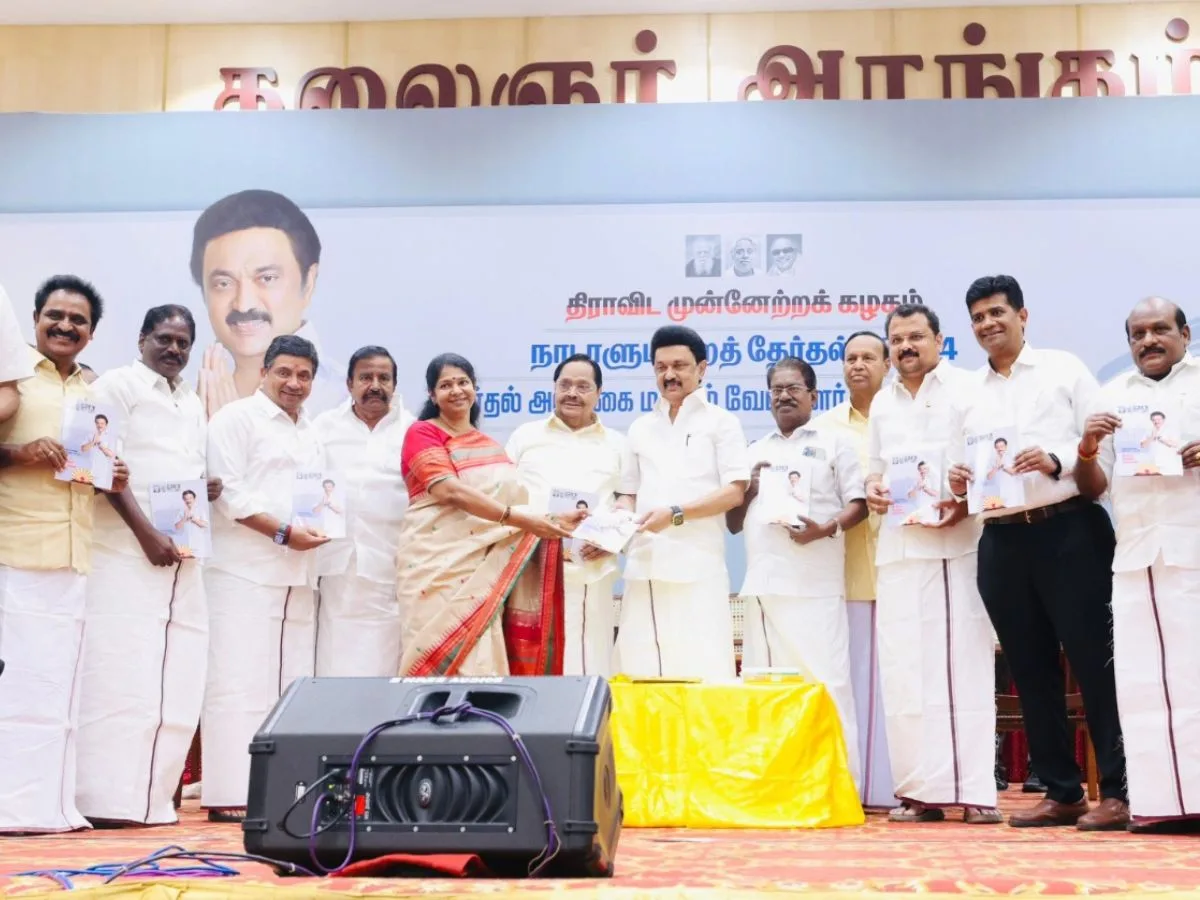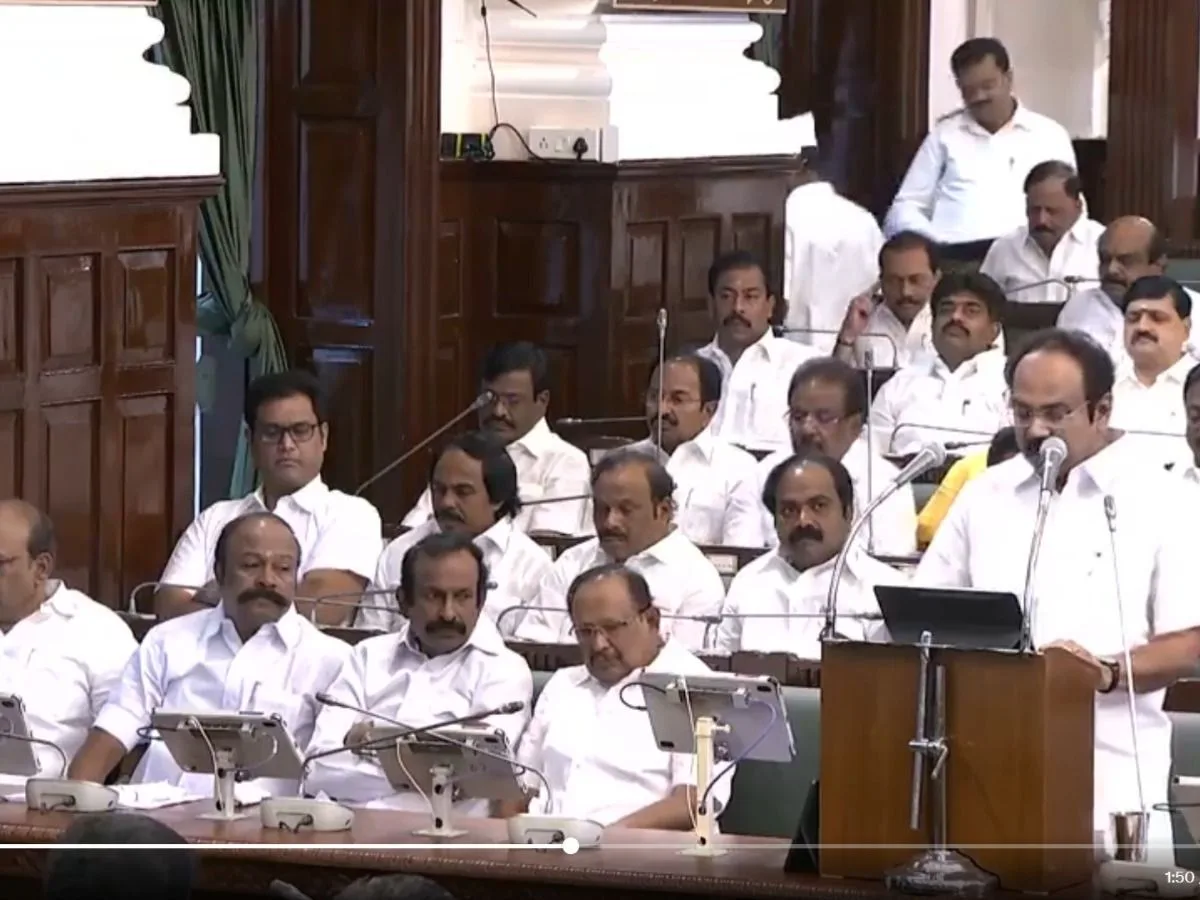Read in : தமிழ்
“No matter how big or ferocious your bull is, it will be tamed in the arena unless you have someone influential sitting in the gallery who doesn’t want the bull to be tamed,” says Ravi (name changed) with a giggle on the other end of the phone. Ravi was once a bull tamer and is now working at a private concern. He has some eight years of experience as a bull tamer.
The announcer has the job of keeping the crowd informed and engaged. But he also gives cryptic messages, say some bull tamers. The announcer may say the bull belongs to a certain big name — say a political leader — and ask tamers to be careful. “This is all code. We would get the message that we shouldn’t tame the bull and we would let it go,” says Ravi. Unlike Ravi, many bull tamers baulk at answering the question, “Which bulls do they choose to tame and which ones they let go.”
“We will tame any bull,” said one tamer in Meenambalpuram in Madurai even as he was patting his bull. Ravi agrees and says tamers, especially those from villages, are skilled enough to tame any bull but they sometimes choose not to.
Though Jallikattu happens in another part of the city, people from Meenambalpuram enthusiastically participate in the sport. Every neighbourhood in Madurai has bull tamers.
While many residents see Jallikattu as a fair match between animal and man, some are aware that the powerful do try to rig it.
People from across the city and the state flock to Avaniapuram, Palamedu and Alanganallur to watch the sport during Pongal. While many residents see Jallikattu as a fair match between animal and man, some are aware that the powerful do try to rig it. From political leaders through panchayat leaders to business bigwigs, the powerful cajole, patronize, support or even use threats to keep the bull tamers on their side so their bulls are not subdued. Their honour is at stake in the arena.
Peer pressure
Bull tamers are a fraternity. They are a peer group in every village. The powerful try to access the peer groups to spread the word that some bulls are holy cows. When tamers are injured, there is money and support to take care of them. But there is a price to pay — loyalty to the powerful.
The corrupt bull tamer who has pledged his loyalty to someone and promised him that his bull would not be tamed plays dirty in the arena. Ravi explains what had happened to him during a jallikattu in 2013. He had planned to tame a bull owned by a prominent businessman in Madurai. “The bull would come out of Vadivasal like a rocket and the tamer should avoid first contact. He should stand on the side and look for the right moment to grab the hump. But I was pushed in front of the bull that was charging down. I had a narrow escape. The bull’s horns whizzed past me,” says Ravi who disengaged himself from the jallikattu scene recently. “Too much politics,” he said, referring to the unethical practices.
A mega event
People of the entire state came together to fight the Jallikattu ban. After the ban was revoked, Jallikattu got a big boost. The undercutting, influencing and rigging that was there in the sport got bigger, too. There is a rush to buy bulls.
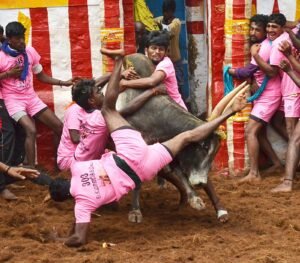
Honour matters most in Jallikattu
A bull may otherwise be only with a farmer. But word gets around that it could be a performing bull. The affluent then quickly make their move and buy the bull for anything from Rs 1 lakh to Rs 12 lakh . “The moment they see a prospective bull, they would start negotiating,” says Kasimayan who raises Jallikattu bulls.
Raising a bull and having it participate in the Jallikattu is not just a matter of honour. It gives a certain standing to the owner. It adds to their name recall. “Among politicians, Vijayabaskar is famous because his bulls perform in Jallikattu. Tell me why are other politicians not famous in Madurai?” asks Mudakkathan Mani, a popular bull tamer.
Bull tamers feel that raising bulls and participating in Jallikattu give them an identity. In the arena of Jallikattu, honour is the currency. And, people don’t mind spending actual currency to get it. It leads to rigging.
Rules rigged
Jallikattu is conducted with a defined set of rules and regulations. The bulls and tamers are medically screened. They are allocated time slots. A lot of rigging happens at this stage, say the bull tamers. “The skilled tamers are given a slot and the organizers ensure that the bulls of influential people are not released into the arena when the skilled ones are in the arena,” says Vijay from Kuruvithurai.Like the owners, honour matters most to the tamers also and they want to tame the bulls of powerful people to prove themselves. “If they are so confident of their bulls, why don’t they release them when we are in the arena,” he says.
Sometimes organizers evade issuing tokens to the skilled tamers. The Jallikattu event scheduled to happen at Coimbatore on Jan 9 has run into a controversy. Charges that tokens have been denied have been made. The court has issued interim stay.
Tamers say that it is not uncommon to receive threat calls. As soon as the season starts, they start receiving phone calls from unknown persons. “They will call and say they will kill us but never dare to reveal their names,” says Thangapandi, bull tamer.
Jallikattu means a purse tied between the horns of a bull and the tamer can take it upon subduing the bull. The purse in modern Jallikattu is more than just that. Prizes today are cars and flight tickets.
Such extraordinary prize money on bulls is one more cause for rigging, say sources. Post the ban and the Jallikattu protest the prize money means much popularity. “It’s time that such excesses are stopped,” says R Karthik, state president of Jallikattu Ilaignar Peravai.
In the arena of Jallikattu, honour is the currency. And, people don’t mind spending actual currency to get it.
Since only one Jallikattu happens at a time anywhere in the state, tamers and owners travel around to participate in more than one event. Then it becomes a case of too many bulls chasing one event. Karthik said tokens for the Coimbatore event were distributed in Madurai.
Tamil Nadu Jallikattu Peravai president P Rajasekaran denied allegations of rigging. There are many factions among organizers and they make charges against each other, he says. “It is not true that big shots pull strings to restrain tamers in the arena. Jallikattu is the most organized sport conducted under government supervision,” he says.
No cryptic messages are given by the announcer. The tamers are merely warned to be careful when ferocious bulls are released, Rajasekaran says. “Many untrained but over enthusiastic youths enter the arena. They are warned to be careful if a notorious bull is about to be released,” he said.
Rajasekaran, however, agreed that the exorbitant prize money placed on the bulls needed curbing. “From our organization, we insist the local committees fix reasonable prizes on bulls in an even manner. Except for a few Jallikattus, the prize money remains reasonable,” he said.
Read in : தமிழ்
